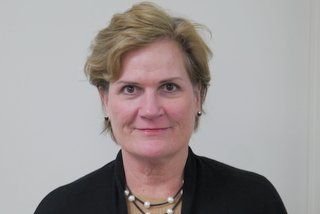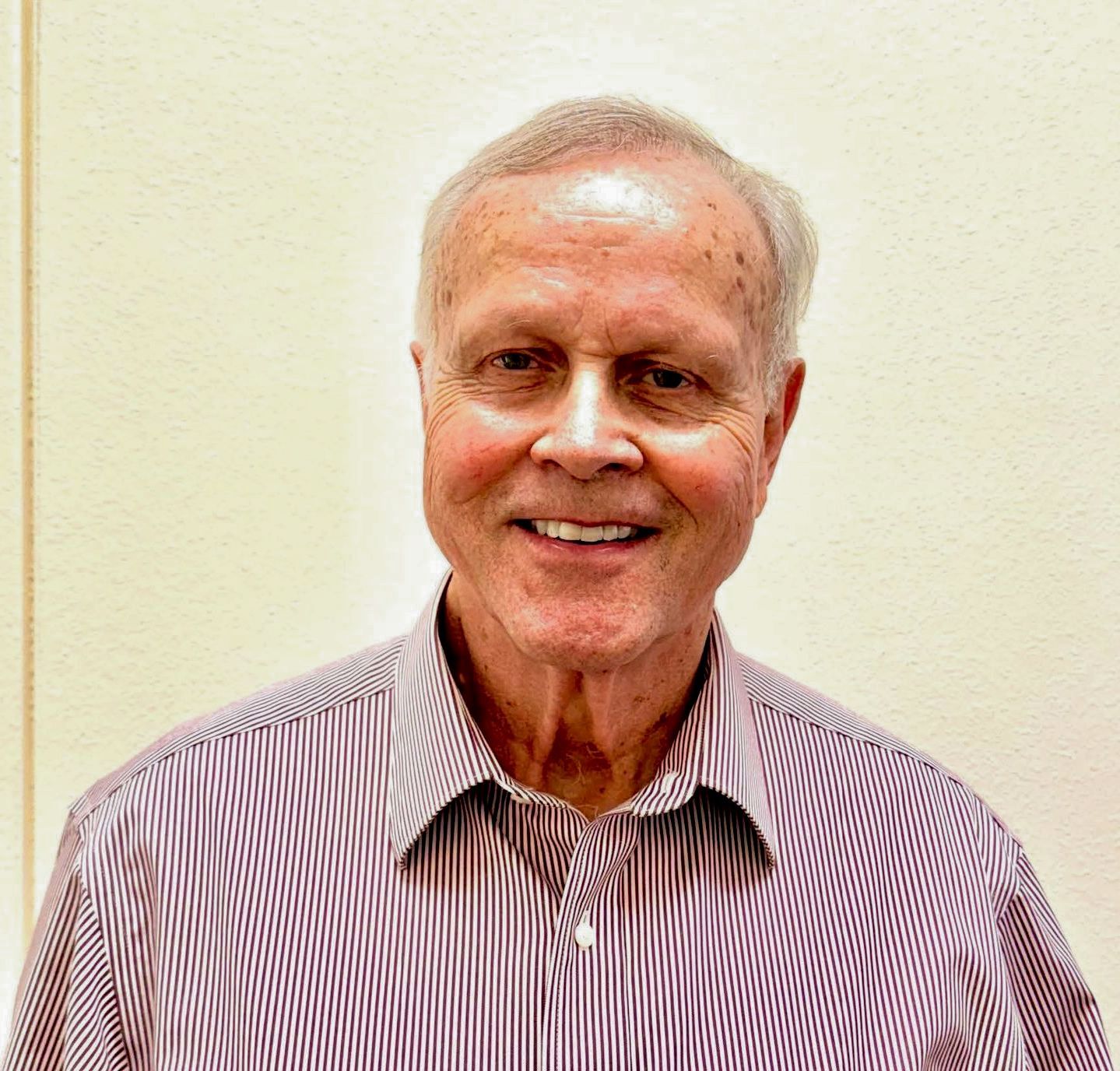July Advocate Spotlight
Constance Kirk

1. How long have you been an Advocate and when did you realize you wanted to become one?
I’ve been an Advocate for 3 1/2 years. I was encouraged by some friends who were Advocates to become a CASA after my 3 children left home for college. I realized I missed being around children and wanted to assist those most in need of attention.
2. What is the most rewarding aspect of being an Advocate?
The most rewarding aspect of being an Advocate is seeing a child’s eyes light up when you visit, and knowing you’ve made their day a little brighter. And, of course, at the end of a case it is especially rewarding if reunification occurs, and the children are thrilled to be back in their parents’ home. It’s a good feeling to know that CASA has helped that family through a very difficult time.
3. If you could offer some words of encouragement to your fellow and incoming Advocates, what would they be?
Remember that you may be the person who makes a difference in the lives of children who are going through an extremely stressful, confusing experience. Your attention to details may help a child get medical or psychological care that he needs, or even a tablet to allow him to participate in online classes. Try to take it a week at a time, and, at the end of the case you will know that you did all that you could for those children and, hopefully, helped pave the way to a brighter future for them.

By bfines
•
March 21, 2025
In December 2023, CPS received a Priority One referral regarding a 2-year-old child named Katherine, who had been hospitalized after ingesting narcotics. Her mother, Jessica, admitted to being under the influence of methamphetamines at the time. Katherine later tested positive for amphetamines, prompting the Department to seek removal of both Katherine and her 4-year-old sister, Valerie. Their maternal grandmother expressed willingness to care for them but only if CPS became involved. CASA advocate Alfredo Concha was appointed to the case and immediately took action. He contacted the grandparents and met with the children. During that visit, he learned that while the grandparents were willing to provide temporary care, they could not commit beyond December 2024. They had already adopted the girls' older sibling, which kept them busy, and as elderly caregivers, they felt unable to raise two young children long-term. They made it clear—either Jessica would have to get her life back on track by December, or the girls would need another placement. Understanding the urgency, Alfredo used Collaborative Family Engagement tools to seek additional family members who could offer support. He built a strong working relationship with Jessica, which proved invaluable. Through collaboration with Jessica, the grandparents, CPS, and the children's attorney, Alfredo identified and addressed barriers to reunification. A primary concern was Jessica’s history of substance abuse and the risk of relapse. After completing inpatient drug treatment, Jessica chose to move in with her ex-boyfriend, Robert, and his mother, Marie. Given Robert’s history of substance abuse and their previously volatile relationship, Alfredo recommended that Robert participate in services to strengthen their family dynamic. This included undergoing a substance abuse assessment, engaging in treatment, and completing a domestic violence prevention program. Alfredo also ensured Robert and Marie were included in planning meetings. During one of these meetings, Marie expressed her willingness to take in the children and committed to caring for them regardless of Jessica and Robert’s relationship. With this new support system in place, the girls were able to return to Jessica on December 3, 2024. CPS and Alfredo closely monitored the placement for several weeks to ensure stability. By January 2025, Alfredo recommended case closure, allowing the family to move forward with their lives. During the final hearing, Jessica addressed the court, expressing her gratitude. She stated that without the support of CPS and Alfredo, she would not have been able to succeed.

Stories of Hope Delivered to Your Inbox
Sign up for our newsletter to receive impact stories, announcements, and first look into any upcoming CASA events or campaigns!
Newsletter Sign Up
Thank you for signing up for the CASA newsletter! You can close out this window now to navigate through the rest of our site.
Oops, there was an error sending your message.
Please try again later.
Please try again later.






